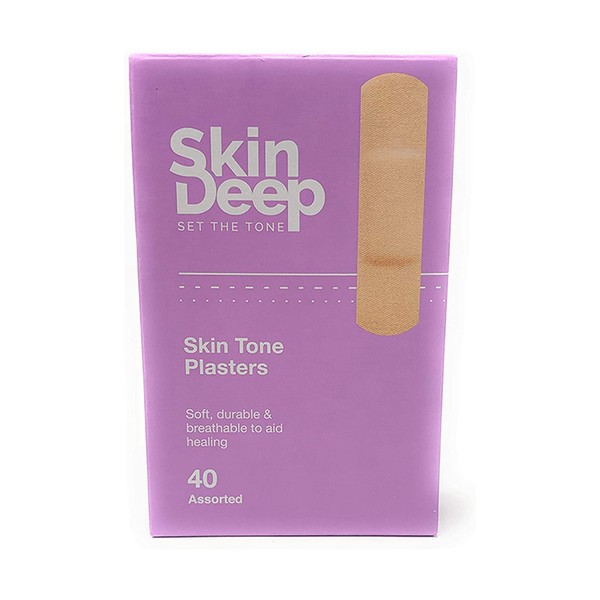
The Products To Keep In Your Summer Medicine Cabinet
Be Prepared For Allergy Season
According to recent statistics, around a quarter of UK adults have seasonal allergies, so it pays to be prepared. Antihistamines vary in terms of how likely they are to cause drowsiness, explains Dr Clare Morrison, GP and consultant at MedExpress. “Antihistamines such as chlorphenamine (aka Piriton) can have a sedative effect, meaning they aren’t suitable if you are planning to drive. They can, however, be helpful if you or a child needed to get some sleep and they can be particularly helpful for symptoms that disturb sleep such as itching. Non-sedating antihistamines include fexofenadine (Telfast, which is prescription only) and loratadine.” When it comes to choosing the best anti-allergy medication, Sonia Khan, senior pharmacist at Medicine Direct, says it’s a case of trial and error to work out which suits you best. “Very little evidence exists to suggest that one antihistamine is better than another at treating certain allergies,” she tells SL. “Antihistamines also come in different forms – tablets and syrups, for example – although there is no difference in their effectiveness as they tend to contain the same dose."
Stock Up On Eye Drops
Whether it’s due to allergies or pollution, eyes can quickly become itchy, gritty and watery in the summer months. “Lubricating eye drops such as Optrex can make the eyes feel more comfortable, whereas products containing an antihistamine such as antazoline (such as Otrivine drops) or sodium cromoglicate (e.g., Opticrom Allergy Drops), which has anti-inflammatory properties, can be used to treat allergic reactions in the eyes,” says GP Dr Rachel Ward. “Taking oral antihistamines can also help with eye symptoms,” she adds. Sonia adds that eye drops such as Murine can reduce itching by narrowing the eyes’ blood vessels, which reduces swelling and irritation.
Know How To Tackle Bites & Stings
As much as we love the warmer weather and longer days – so do insects. “Using insect repellent and covering your skin in the evening will help avoid being bitten or stung, but if you do get bitten, ensure the clean is skin and check there is no evidence of the insect still being attached. This is important as creatures such as tics can leave parts in your skin. Apply creams containing antihistamine or steroids (such as Boots Bite and Sting Cream) to reduce itching and pain, while remedies such as calamine lotion offer a cooling anti-itch effect as an alternative.” If you are prone to react to an insect bite and are travelling abroad, Sonia recommends taking a once-daily antihistamine medicine a few days before you travel. “This will help your body build up more of a natural resistance to insect bites and will reduce any pain, inflammation, itchiness and redness caused by bites and stings,” she says.
Be Sunburn Savvy
While sunburn should always be avoided in the first place, if the worst should happen, it’s important to minimise the consequences, says Clare. “Keep the skin cool, with brief cool showers and cold compresses. Avoid applying anything oil-based, and instead look for water-based creams. Most importantly, avoid exposing affected skin to more sunlight until you have fully recovered.” Sonia says moisturisers containing aloe vera and calendula can also help: “Apply these products after every bath or shower to reduce skin discomfort and to encourage the skin to heal.” Sonia adds that staying hydrated is also vital. “Being sunburned takes fluid from the surface of the skin and elsewhere on the body, so drink plenty of water to prevent dehydration and consider taking aspirin or ibuprofen to help with redness, inflammation and any discomfort you may be experiencing.”
Know How To Deal With Heatstroke
“Heatstroke occurs when the body’s temperature rises to 40°C and tends to happen after exerting yourself physically for too long, or after being exposed to heat for a long time,” says Sonia. “Aside from a high temperature, other symptoms include confusion and irritability, slurred speech, nausea and vomiting, and skin that feels dry or slightly moist. You may also start to breathe rapidly or shallowly. If someone has heatstroke, try to cool them down – remove any excess clothing, get them out of the sun, run a cold bath for them, sponge them down with cool water and place a wet towel on their head to bring the body temperature back down.”
Be Prepared For Stomach Upsets
Digestive upset caused by food and drink can be managed according to your symptoms, says Clare. “For acid reflux and dyspepsia caused by too much wine or spicy food, treat with simple antacids containing calcium carbonate. If these wear off too quickly, longer-lasting relief may be obtained from acid-suppressing medication such as omeprazole or esomeprazole (Nexium), which is available from the pharmacy without a prescription. Diarrhoea will tend to clear up without treatment and it’s better to let nature take its course, but, if necessary, take medication containing loperamide.” Rachel adds that if you get diarrhoea from food poisoning, avoid taking anti-diarrhoea medication, as your body needs to get rid of the toxins. “Instead, focus on rehydrating the body with an oral rehydration solution,” she advises.
Deal With Blisters
Summer sandals are infamous for rubbing the feet in the wrong places, making a packet of blister plasters a warm-weather essential. “Compeed is a popular brand, as their plasters contain hydrocolloid gel,” says Rachel. These types of plaster will not only relieve pressure from the affected area but will also mean the blister is less likely to pop under the plaster, which can lead to infection. “It also means the blister isn’t being pressed upon by the plaster, which will help avoid pain and irritation,” says Sonia. “Blister plasters should be left on for a few days so the blister can heal. You should not try to remove the plaster until it starts to peel away on its own. At this point, remove the plaster and inspect the blister; if it has still not healed, put a new plaster over it and try again in a few days.”
Stock Up Before Heading Abroad
If you are heading abroad this summer, make like the pros and keep your medicine bag well stocked. “An over-the-counter form of pain relief is a must, as these may not always be available at your destination,” says Sonia. “Anti-sickness and anti-diarrhoea medication should also be taken, while plasters in various sizes can also come in handy. Mosquito and insect repellent is also important if you are travelling to a hot climate.” Clare also recommends checking that any prescription medications you take are legal to take in that country, with caution required for strong painkillers, sleeping tablets and stimulants. “Always take tablets in their original packaging if possible and if you are prone to recurrent infections, such as urinary tract or chest infections, your GP may be able to prescribe ‘stand-by’ antibiotics, so you can take them with you,” she says.
Have The Right Tools To Hand
Whether you’re heading off on a staycation or are staying at home this summer, keeping the right tools in your first aid kit will mean you can deal with everything from splinters to grazes. “It’s worth having a decent pair of tweezers, as these can help remove anything that penetrates the skin,” Sonia advises. “Bandages, dressings and medical tape can also be helpful, as is an antiseptic ointment, which can treat cuts and grazes. If you need to remove something harmful with tweezers, dab some antiseptic ointment on the open wound before covering with a plaster.” If you are prone to sprains and strains, Clare adds that a cold compress and microwaveable heat pad can also be useful.
Keep An Eye On Expiry Dates
It’s all well and good keeping your cabinet stocked, but medicines do have expiry dates, says Sonia. “After a medicine has passed the expiry date, it may not be as effective, or it may be less safe for you to use. Eye drops, for example, tend to have short expiry dates – usually around four weeks. This is because your eyes can be damaged by the bacteria that can get into the eye drops after opening and closing the bottle countless times. Antibiotics also tend to have short expiry dates, mainly due to the nature of the conditions they treat, and because of the growing problem of antibiotic resistance,” she explains. If in doubt, throw it away and pop to the pharmacy.
Stock up on these GP-approved essentials…
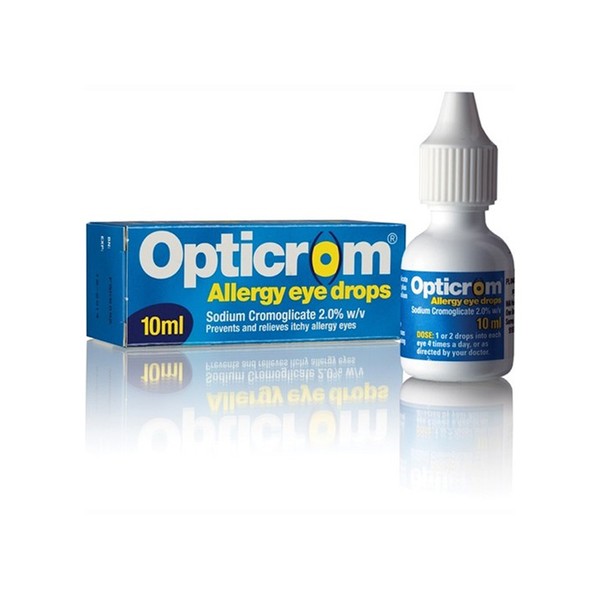
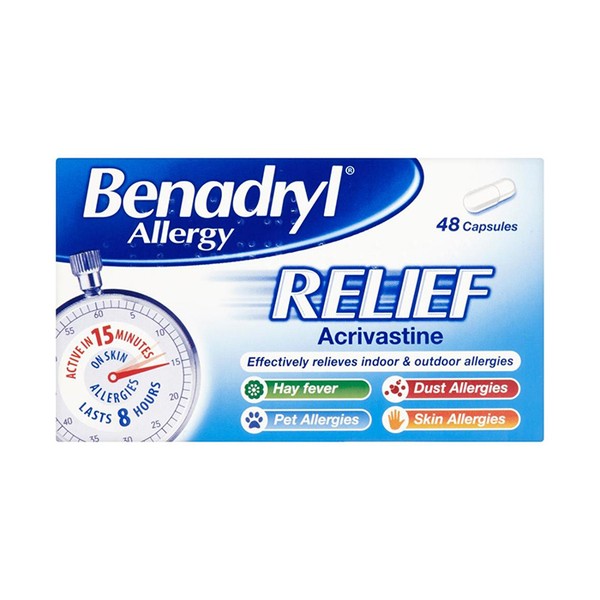
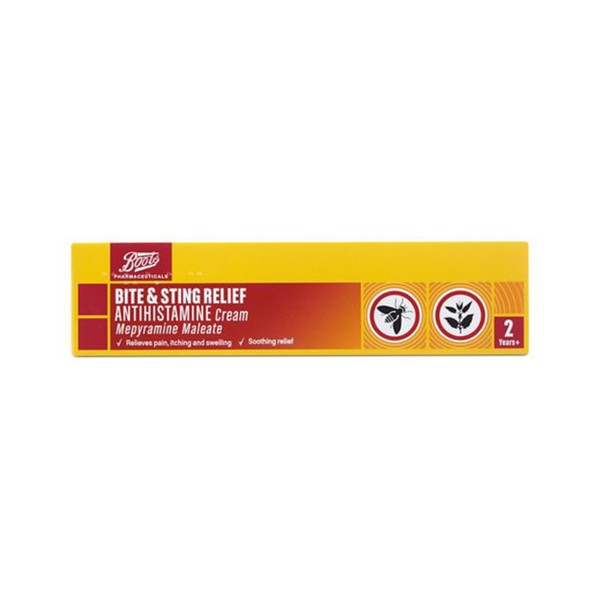
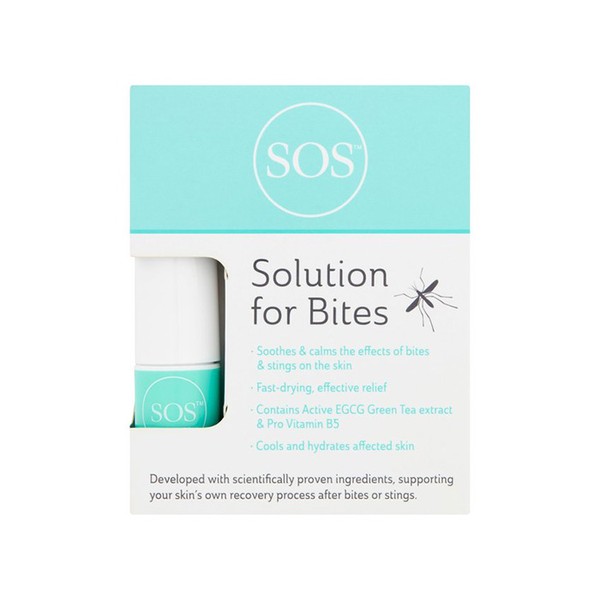
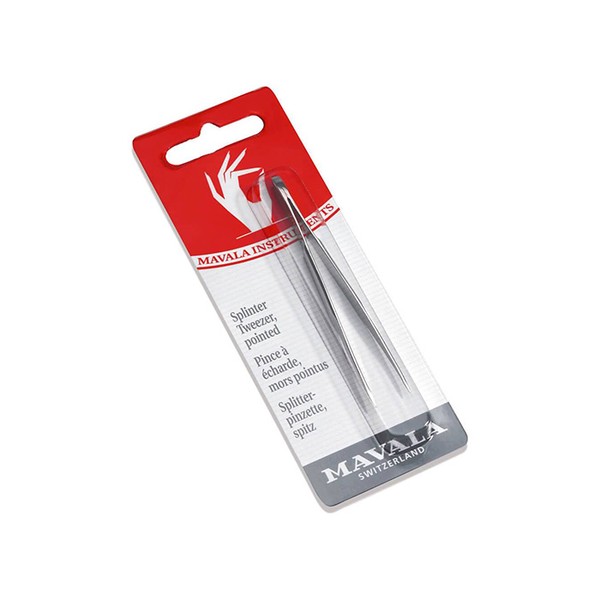
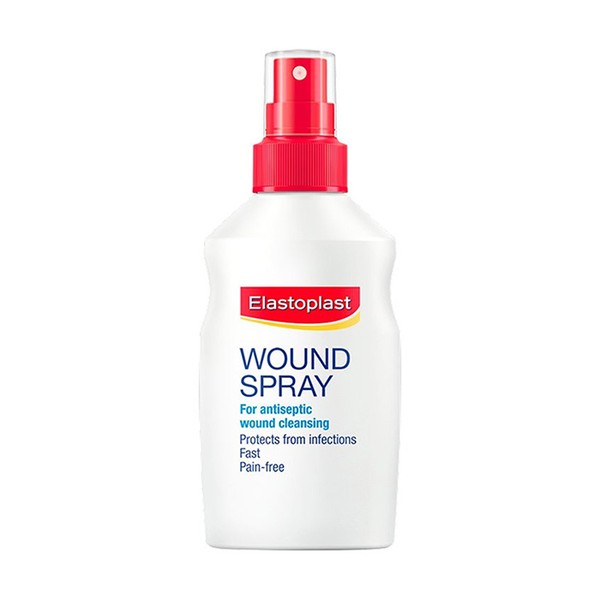
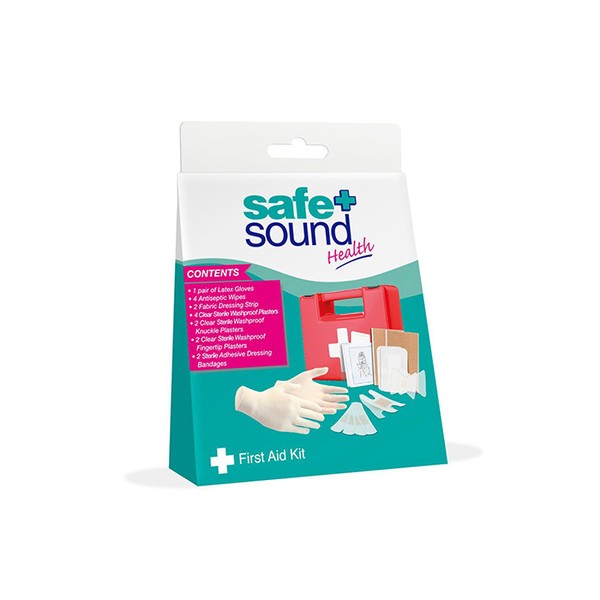
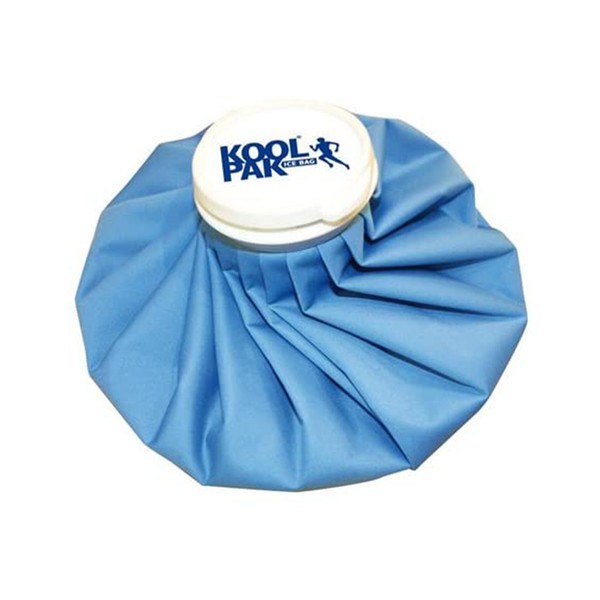
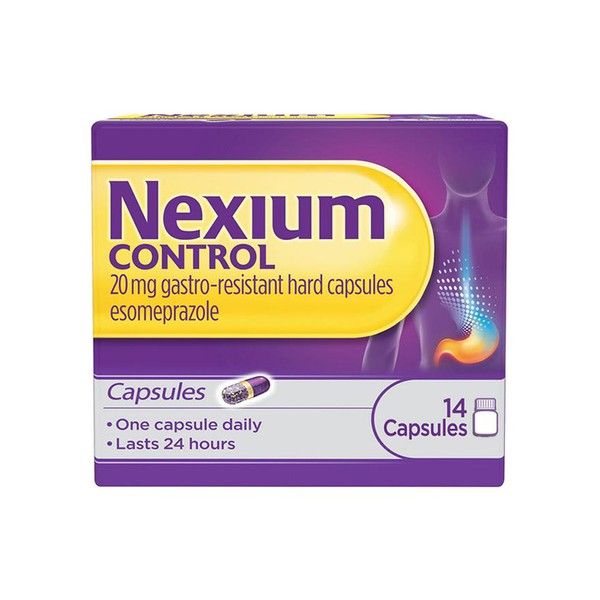
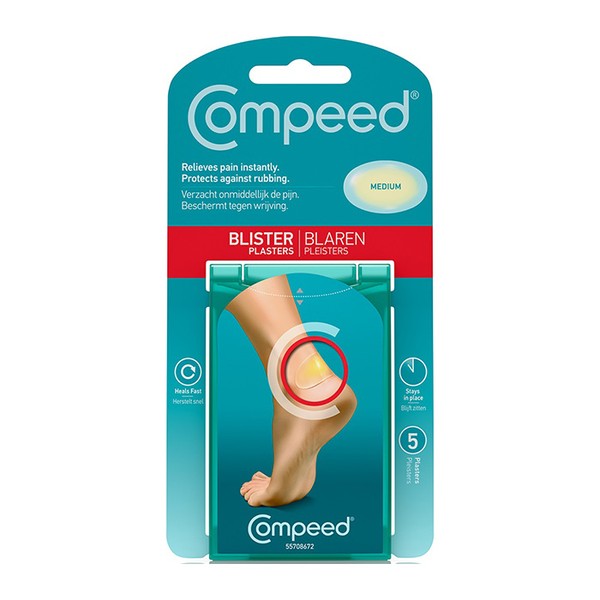
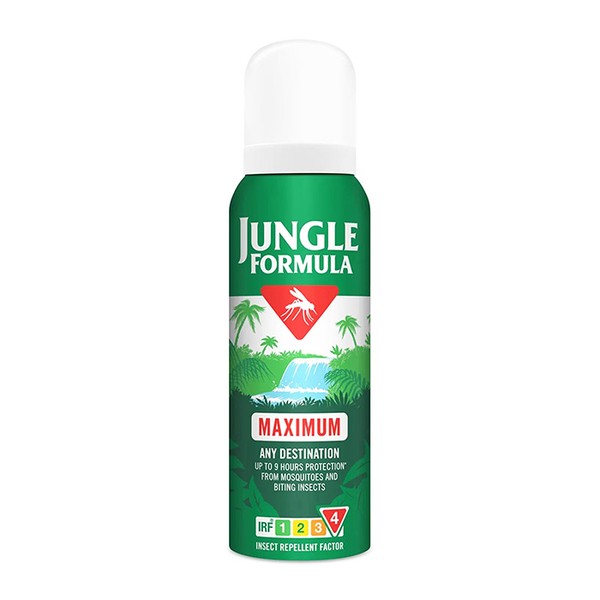
For more information visit MedExpress.co.uk and MedicineDirect.co.uk. Follow Dr Rachel Ward on Instagram @DrRachelWardGP.
DISCLAIMER: Features published by SheerLuxe are not intended to treat, diagnose, cure or prevent any disease. Always seek the advice of your GP or another qualified healthcare provider for any questions you have regarding a medical condition, and before undertaking any diet, exercise or other health-related programme.
DISCLAIMER: We endeavour to always credit the correct original source of every image we use. If you think a credit may be incorrect, please contact us at info@sheerluxe.com.
